10 Facts About Foals
Updated on 04/26/24
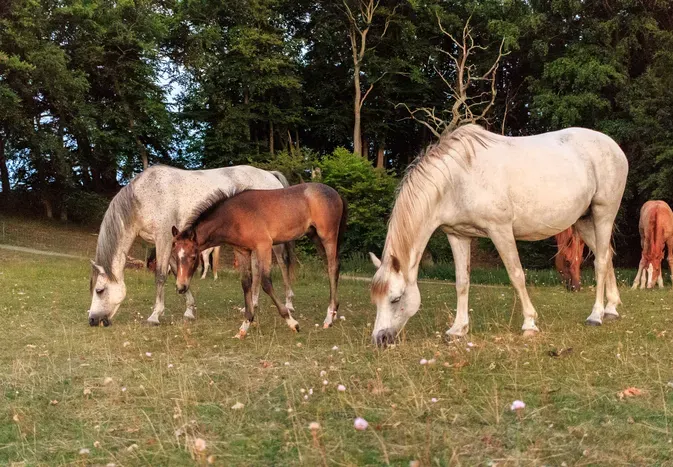
10 Astonishing Facts About Foals: Unraveling the Secrets of Equine Infancy
The arrival of a foal is a thrilling and momentous event in the world of horses. These delicate and captivating creatures are a testament to the beauty and wonder of nature. Let's delve into 10 fascinating facts about foals that will deepen your appreciation for these equine marvels:
1. A Newborn Foal's First Hour: A Critical Time
A foal's first hour of life is crucial for its survival and well-being. During this time, the foal must establish a strong bond with its mother, find the udder, and begin nursing. The mare's colostrum, the first milk she produces, is rich in antibodies that provide the foal with essential immunity against common diseases.
2. Foals Can Stand and Nurse Within Hours of Birth
Within a few hours of being born, foals can stand up on their spindly legs and begin suckling from their mother's udder. This remarkable ability to stand and nurse within such a short period demonstrates the foal's innate survival instincts and the incredible bond they share with their mothers.
Example: A newborn foal, named Echo, was born at our farm. Within an hour, she was already trying to stand. With a gentle nudge from her mother, she wobbled to her feet and started nursing within another hour.
3. Foals Sleep a Lot but Stay Alert
Foals sleep a significant amount, about 12-18 hours per day. However, their sleep is often fragmented and vigilant. They may rest in short bursts, waking up frequently to check on their surroundings and nurse if needed. Their keen senses and awareness allow them to respond quickly to any potential threats.
Example: We witnessed a foal, Luna, sleeping in the pasture. She would periodically open her eyes and lift her head, scanning her environment. When we approached her, she would perk up and follow us with her curious gaze.
4. Foals Have a Strong Playful Instinct
Playing is an essential part of a foal's development. They engage in various playful behaviors, such as running, kicking, and bucking. This play helps them develop coordination, social skills, and muscle strength. Playing with other foals also contributes to their emotional well-being.
Example: We observed a group of foals frolicking in the paddock. They chased each other, kicked up their heels, and bucked playfully. Their joyful antics brought a smile to our faces.
5. Foals Need to Be Weaned Gradually
Weaning is a gradual process of transitioning a foal from relying on its mother's milk to consuming solid food. It should be done carefully and over several weeks to avoid digestive upset and behavioral issues. The foal's individual needs and the mare's milk supply should be considered when determining the weaning schedule.
Example: We started weaning our foal, Comet, at around 4 months of age. We gradually reduced his access to his mother's milk while introducing high-quality hay and grain. He transitioned smoothly and was fully weaned by 6 months of age.
6. Foals Require Proper Nutrition for Growth and Development
Providing foals with a balanced diet is essential for their growth and development. Their diet should include high-quality hay, pasture, and a specialized foal grain mix that provides essential nutrients. Regular access to clean water is also crucial. A well-nourished foal will grow into a healthy and robust horse.
Example: Our foals receive a nutritious diet that includes premium hay, fresh pasture, and a growth-optimized foal grain mix. Their coats are shiny, their eyes bright, and their energy levels are high, which are all indicators of their excellent nutrition.
7. Foals Are Highly Social Creatures
Foals are naturally social animals and thrive in the company of other horses. They establish close bonds with their mothers and peers and enjoy interacting with humans. Socialization helps them develop important social skills and learn acceptable equine behavior.
Example: Our foals spend their days in a paddock with other foals of similar age. They play together, groom each other, and form lasting friendships. Their interactions are a delight to watch and contribute to their overall well-being.
8. Foals Are Susceptible to Certain Health Conditions
Like all young animals, foals are susceptible to specific health conditions. Diarrhea, respiratory infections, and joint problems are common in foals. Regular veterinary checkups, vaccinations, and deworming are essential to prevent and treat these conditions, ensuring the foal's health and vitality.
Example: One of our foals, Misty, experienced mild diarrhea. We promptly contacted our veterinarian, who prescribed an appropriate medication. With proper care and medication, Misty recovered quickly and is now thriving.
9. Foals Require Training and Handling
Early training and handling are essential for shaping a foal's behavior and building a strong bond with its human caregiver. Starting with basic handling techniques, such as leading and grooming, helps the foal become comfortable with human interaction. Positive reinforcement and patience are key to successful training.
Example: We work with our foals from a young age, handling them regularly and introducing them to basic cues. By building a positive relationship with them, we lay the foundation for a well-trained and cooperative horse in the future.
10. Foals Bring Joy and Wonder to Our Lives
Foals are more than just animals; they are sources of immense joy and wonder. Their playful antics, affectionate nature, and incredible growth bring happiness to our lives. Witnessing their journey from delicate newborns to graceful and powerful young horses is a truly enriching experience.
Example: Every morning, we marvel at the sight of our foals frolicking in the pasture. Their energy, curiosity, and innocent charm fill us with a sense of joy and gratitude.
Explore More Pets
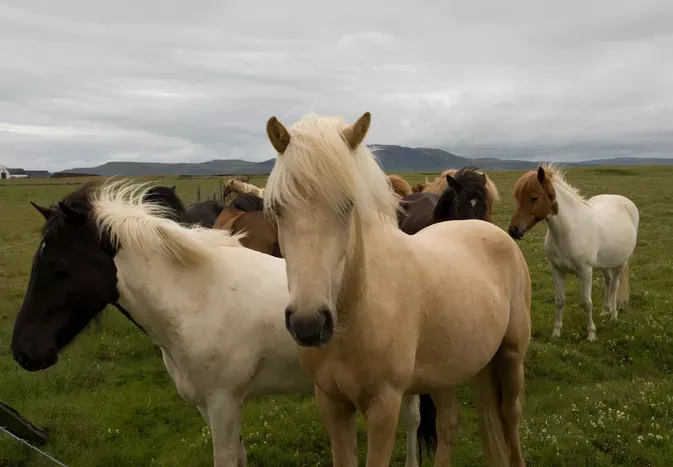
Pony Breeds
The Difference Between Horses and Ponies
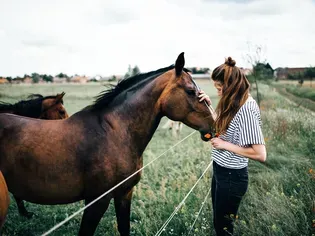
Horse Diseases & Conditions
What Do I Do If My Horse Colics?
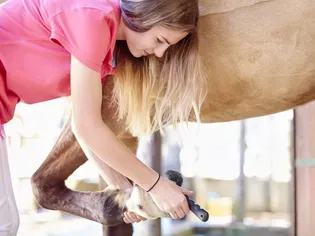
Pony Breeds
Horse and Pony Care by the Day, Week, Month and Year
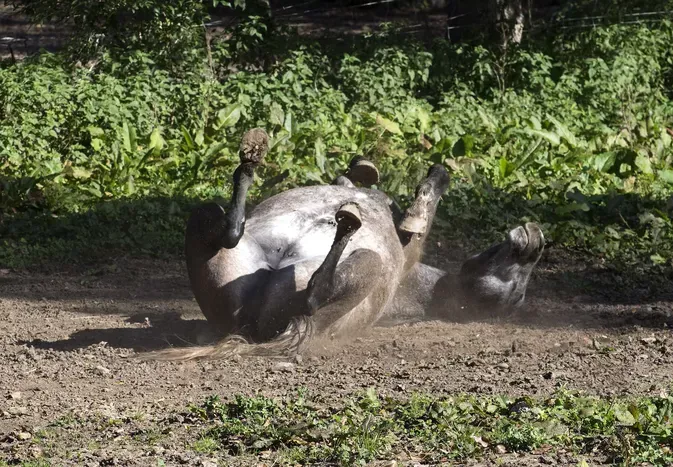
Horse Grooming
Mange in Horses
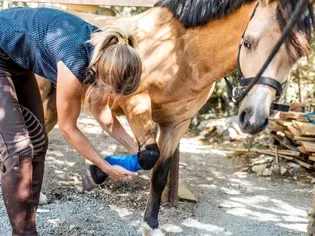
Horse Diseases & Conditions
Grease Heel in Horses
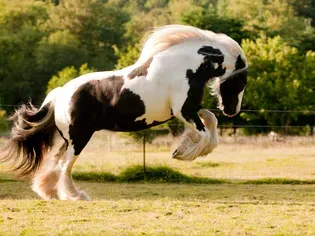
Light Horse Breeds
Gypsy Vanner Horse Breed Profile
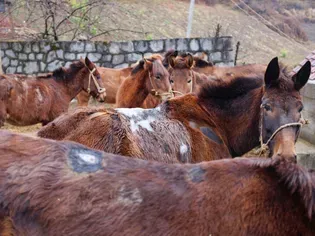
Horse Diseases & Conditions
Girth Galls and Saddle Sores
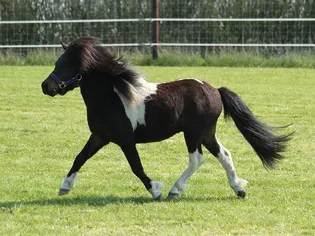
Pony Breeds
Shetland Pony Breed Profile